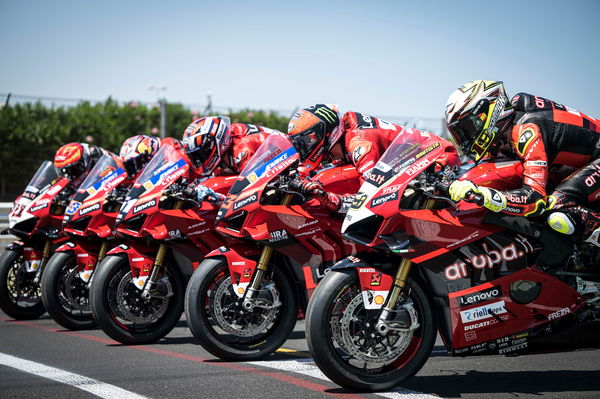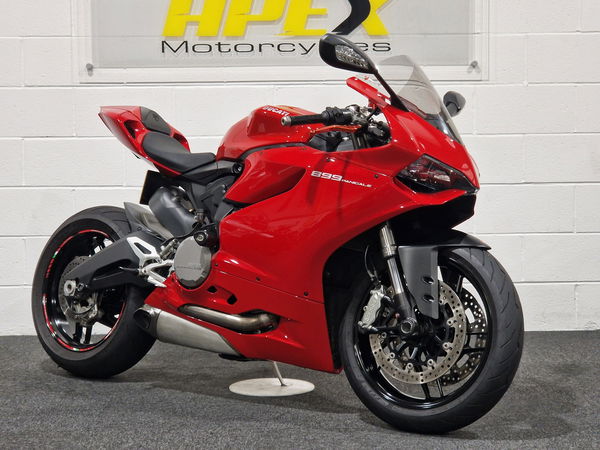Bikers outraged at £14,000 per year parking plan of London council
Hackney Council is planning to charge motorcyclists £6 per hour to park in the borough, even though its justification for the plan is flawed.
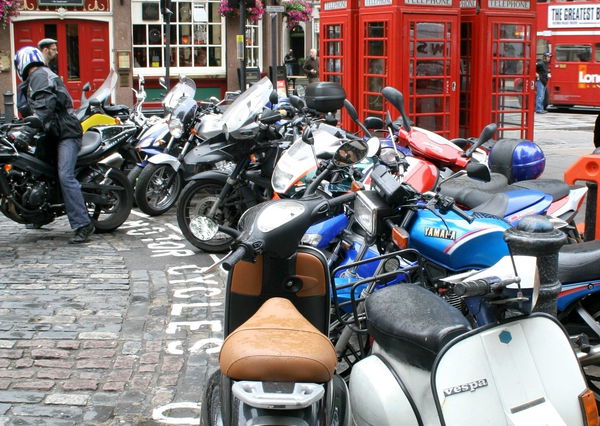
A petition to stop bikers in London being charged for parking has been signed by thousands of people.
The petition is available on Change.org, and is in response to the plan of Hackney Council to charge bikers up to £14,000 per year to park in the borough.

Aside from the £14,000 figure itself, the plan of the council has been controversial for the lack of transparency.
Initially, the council’s plan to charge bikers to park in Hackney “was not mentioned in its recent consultation on parking in the borough,” Save London Motorcycling (SLM) says.
SLM is actually the organisation that uncovered what it calls Hackney Council’s “secret plan,” and are the organisation that started the petition, which currently has 3,553 signatures at time of writing (11:13, 28 July 2022).
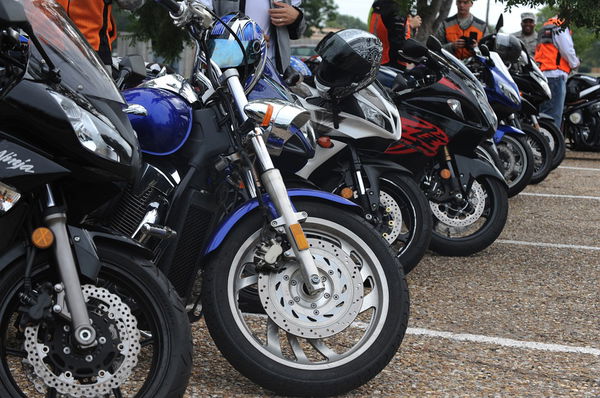
“Hackney Council’s plan would see motorcycle, scooter and moped riders, many of whom are low paid delivery workers, carers, medical workers, commuters and volunteers, charged up to £6 per hour or £60 a day to park in Hackney, 30 times more than any other London Borough,” SLM says. “For a typical motorcycle commuter the cost could reach £14,000 over a year.”
These are not insignificant figures, and for many people £14,000 is a majority portion of their year’s earnings. Combined with the current cost of living crisis, the proposal of Hackney Council would make two-wheeled transport unsustainable.
“According to their own calculations, Hackney Council expects only one in ten motorcycle commuters to be able to afford the new charge,” SLM says, “but motorcyclists say this could be even lower, with many likely to be plunged into transport poverty at the height of the cost of living crisis.”
Leona Graham, a radio DJ for Absolute Radio, responded to SLM’s tweet sharing the petition, saying: “This is absolutely mental and ridiculous. Bikes reduce congestion.”
This is absolutely mental and ridiculous. Bikes reduce congestion.
— Leona Graham (@leonagraham) July 17, 2022
Additionally, Hackney-based Mat Stimpson, said when signing the petition: “I work in Hackney and this will cause me great distress and financial hardship. I ride a motorcycle as a cost effective and greener alternative to driving a car, this will no longer be the case if these changes go through.”
Hackney is also a location for many motorcycling businesses, which would be threatened by the (potentially) £14,000 per year charge.
“The Bike Shed is a destination venue for a global community of motorcycle riders who have come to know and enjoy the heart of Shoreditch,” a representative of the Bike Shed Moto Co. told Save London Motorcycling. “Our average 2,500 visitors a week do not just stop at the Bike Shed but enjoy and support the local area, shops, cafes, markets and more.

“The increased and unreasonable motorcycle parking charges proposed by Hackney Council will simply stop these visitors and customers coming to Shoreditch, not only will the Bike Shed suffer but our local business community.
“Furthermore many workers in Hackney commute to their place of employment by motorcycle having been forced to live further out by ever escalating housing costs. The limitation in parking hours and huge cost of doing so will make commuting to work in Hackney by motorcycle an impossibility.”
There are also impacts on NHS workers and doctors who use motorcycles to get to and from work. Sharon Raymond, a London-based GP and director of the Crisis Rescue Foundation (CRF, a non-profit which aims to fill healthcare gaps since the start of the Covid pandemic) says the CRF’s service would be “badly impacted by the proposed biking charges in Hackney.”
Raymond said to Save London Motorcycling: “To reduce pressures on the NHS the Crisis Rescue Foundation team of dedicated bikers have been delivering oxygen level measuring devices to patient's homes across London 7 days a week for over 2 years with about 5000 devices delivered so far. This is just one example of London bikers stepping up to do good.”
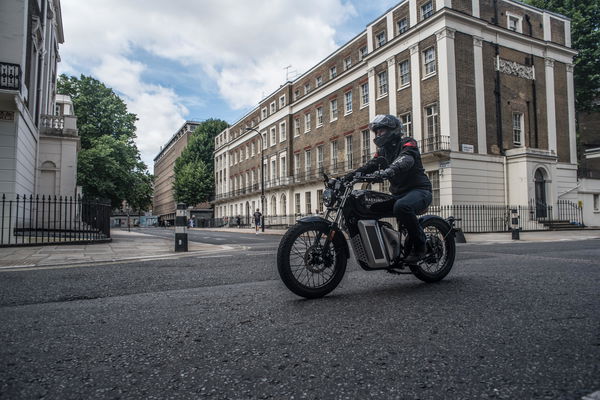
Campaigner Rachel from Save London Motorcycling explained: “Hackney Council have been consistently obstructive about this issue, putting out misleading information and failing to actively engage with bikers and businesses despite promises to do so.
“We urge everyone who relies on motorcycles and scooters, or cares about congestion and the environment, to sign the petition.”
The justification of the council is that internal combustion motorcycles contribute to the current climate emergency and poor air quality in the same way as internal combustion cars, and should therefore be treated equally.
However, this is simply untrue. Internal combustion motorcycles go much further per litre of fuel they burn than internal combustion cars. This is due to weight, the size of the engines involved, and the relatively low resistance of a narrow, two-wheeled motorcycle compared to a wide, four-wheeled car.
No matter what internal combustion vehicle you are using, the burning of one litre of fuel will generate just over two kilograms of CO2. Therefore, the CO2 emissions of a vehicle are dependent on how quickly it burns fuel. For comparison, the most common car in the UK is the Ford Fiesta, which Autocar reports will get around 50mpg in a real-world situation.
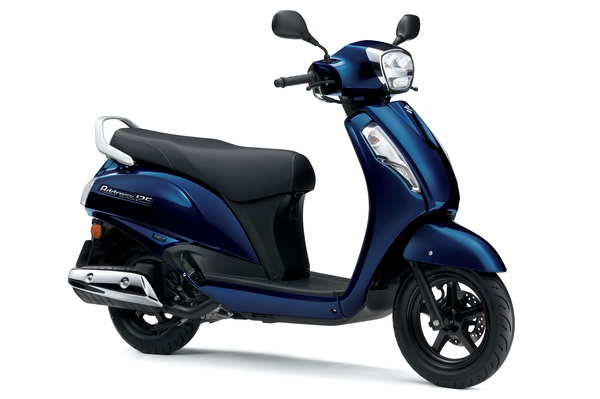
The maximum fuel economy for the 125cc Suzuki Address and Avenis that we wrote about recently is 148.6mpg. Even if you rag an Address, you're going to be double the fuel economy of the Fiesta.
That means more miles per litre, therefore less CO2 per litre, and therefore it is possible to conclude that - at least for 125s - motorcycles are less contributory to air pollution and the climate crisis than an average car. Of course, not all motorcycles are 125s, some are smaller, but also some are bigger.
That is why motorcycles are split into categories, and why the UK government's plans (whether you find them agreeable or not) to phase out sales of new combustion bikes will target larger bikes before smaller ones, and probably part of the reason why the EU legislated for the end of combustion car sales before combustion two-wheeler sales.
